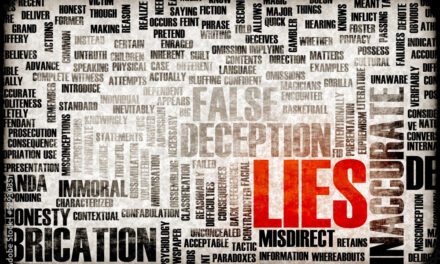These disquisitions are revisions something I wrote at least several years ago. First editions of these essays were begun some time ago. Somehow their print got locked in, to some degree, so some parts of the essays were thrown out of kilter and can’t be made right today. This is particularly true along the left margins of some of the essays. This essay is relatively unaffected by this problem.
Some of the Blogs will contain supplementary additions. Those added after January 1, 2015 will probably be dated, barring oversight. Readers may note that many of the cites are Texas cases. This resulted from the history of the contents.
This blog, like some of the others, will contain supplementary additions. Like the others, it will also use some abbreviations from time to time: L for lawyer, LF for law firm, C for client.
Given the purposes and context in which the early versions of the essays were written, many of the legal rules explicitly numbered are from The Texas Rules that were built upon the ABA Model Rules.
COMMANDMENT ELEVEN: DOUBT? STRESS?
GET APPROPRIATE HELP!
lawyers saying that if they had the chance, they would not become lawyers
again, and well over half said they would not recommend law as a career to
their own children.” Steven Keeva, Transforming Practices 4 (1999).
they are competent to do, and they should execute them competently.
they are competent to do, if a tribunal appoints them to a case, and they are
at least minimally qualified to take the case, they must do so. See Rule 6.01. Moreover, if a lawyer is commanded by a
tribunal to continue the representation, he must do so in good faith. See Rule 1.15(c). The consequences of violating these rules can
be draconian. Hawkins v. Commission
for Lawyer Discipline, 988 S.W.2d 927 (Tex. App.–El Paso 1999, writ
denied) cert. denied 1205 S.Ct. 1426 (2000) (one-year suspension plus
three-year probated suspension).
for many reasons.
Oddly enough, the more alcohol one consumes over time the angrier one is
and gets.72
in lawyer discipline.73 Frequently, if the lawyer
is willing to deal with his alcohol problem, the imposition of discipline can
be eliminated, or conditionalized.74 Many find AA (Alcoholics Anonymous helpful. There AA programs and/or such programs populated mainly and/or exclusively by lawyers.) Many of us have found these programs helpful, although some doubt their helpfulness.
grieveable conduct. Cincinnati Bar
Assn v. Stidham, 721 N.E.2d 977
(Ohio 2000) (attorney merely suspended, since depression was a
mitigating factor, as well as cooperativeness), In re Kadrie, 602 N.W.2d
868 (Minn. 1999), In re Thigpen,
526 S.E.2d 839 (Ga. 2000) (suspension until at least–L obtains a
favorable evaluation by the Lawyer Assistance Program. Id. at 840.). A minor depression will not be enough to
constitute a mitigating factor in a case where L has misappropriated C’s
funds. In re Hanvik, 609
N.W.2d 235, 239-40 (Minn. 2000). See Office of Disciplinary Counsel v.
Madden, 730 N.E.2d 379 (Ohio 2000).
5. Gambling. The big problem with this one is that it lead to dead for one that loses and loses and loses. That leads to theft and the client’s money is close at hand. See Commandment #1.
Again there are 12-Step programs for this too.
It is not clear that the following was addiction but rather only idiocy and a certain lack of honor. In any case, it is too good a story not to tell. One L and maybe got into fairly serious trouble–indeed suspension–when he/it sought a secretary by posting in the “adult gig” of CraigsList instructing applicants to send pics and measurements. In at least one email to at least one applicant L issued the following response: “In addition to the legal work, you will be required to have sexual interaction with me and my partner, sometimes together, sometimes separate[ly].” “This part of the job would require sexy dressing and flirtatious interaction with me, and my partner, as well as sexual interaction. You will have to comfortable doing this with me.” In 2011 the appropriate official office (Supreme Court?) imposed one year’s sanctions, but not for the ad. Rather, L originally lied to the disciplinary committee of the Bar (I didn’t do it) and failed to participate in the proceedings. (I would think there might be some sort of criminal solicitation involved here.)
E. Implied Rule of Professional Conduct. It is unethical, improper, and reprehensible for a lawyer who believes that s/he needs therapy to fail to go get it.





Recent Comments